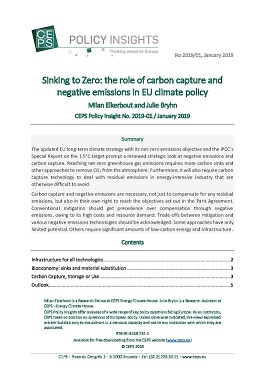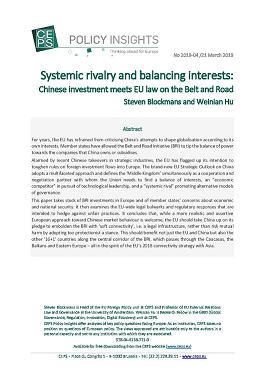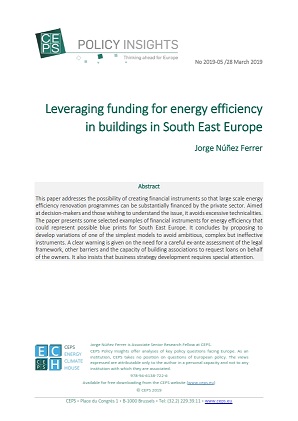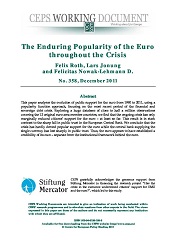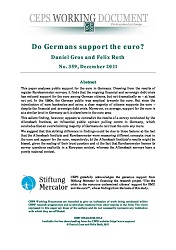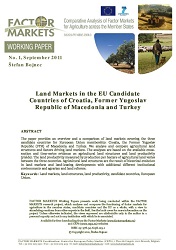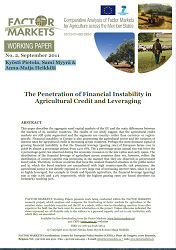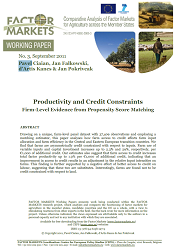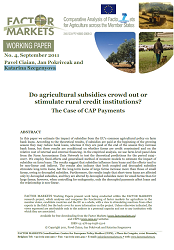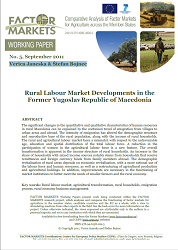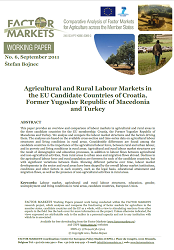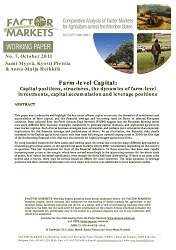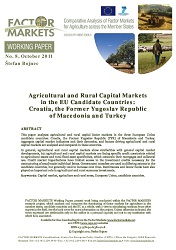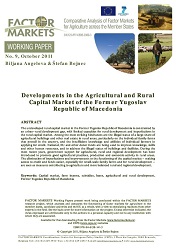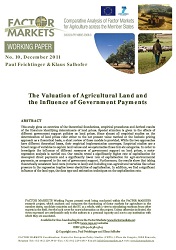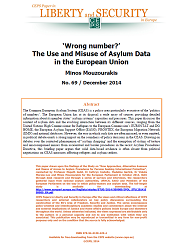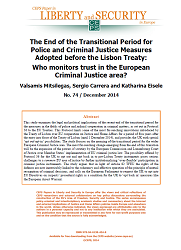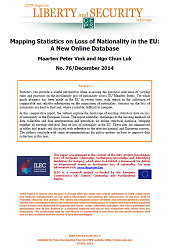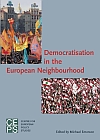
Democratisation in the European Neighbourhood
Democratisation in the European Neighbourhood
Keywords: Democratisation; European Neighbourhood; process of democratisation; EU enlargement; Orange, Rose and Cedar Revolutions; European CIS states; Mediterranean Arab world; comprehensive critique;
This is the first state-of-the-art work on the process of democratisation in the wider European neighbourhood since the seminal events of 2004, with the EU's enlargement and the Orange, Rose and Cedar Revolutions beyond. Covering both the European CIS states and the Mediterranean Arab world, leading experts from these regions interpret the recent revolutions and prospects for further democratisation in the European neighbourhood. These analyses are accompanied by a comprehensive critique of the EU as promoter of democracy.
More...
